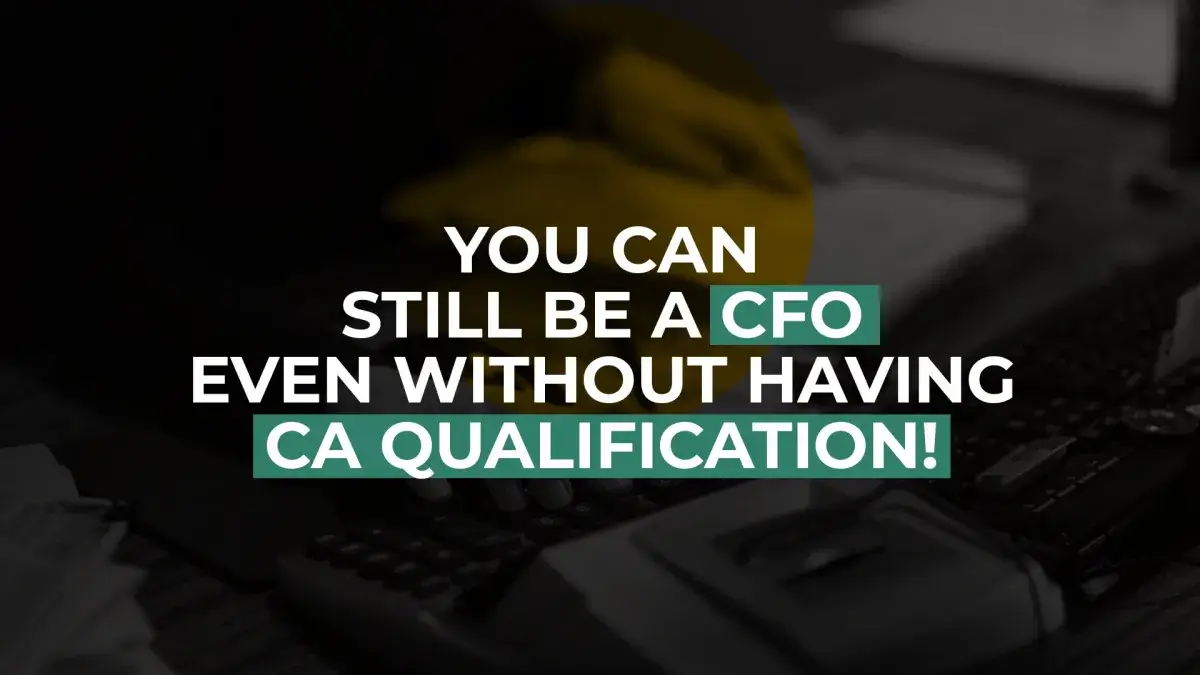You can still be a CFO even without having CA Qualification!

Here's What We've Covered!
Why CA Qualification is not required to be a CFO?
Till the last decade, CFO (Chief Financial Officer) across organizations were involved only in the financial functions of the organization in the narrowest definition of the phrase. In such scenarios, it was not surprising to see that a lot of CFOs were having CA qualification.
To understand the composition of the current CFO we need to first look at how the prole for a CFO has evolved. The job of the CFO is broadening far beyond its financial area into a role that is much more “strategic” – in the broadest sense of the word. Successful CFOs are overturning outmoded perceptions of finance as “business prevention units” and are now re-positioning their role as an enabling partner to the organization’s business.
The qualities of a “Strategy Developer”
Resent Post
>
Best Study Abroad Courses for Commerce Graduates
>
Emerging commerce career options in India (2026): From CA to Data Analyst
>
ACCA Opportunities You Didn’t Know About – Think Beyond Audit!
>
Which Courses After 12th Commerce With High Salary Are in Demand Worldwide?
>
How to Find ACCA Jobs Online After Qualifying: Real Portals, Tips & Career Guidance
Follow Us For All Updates!



